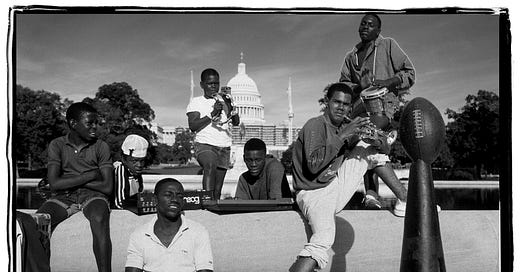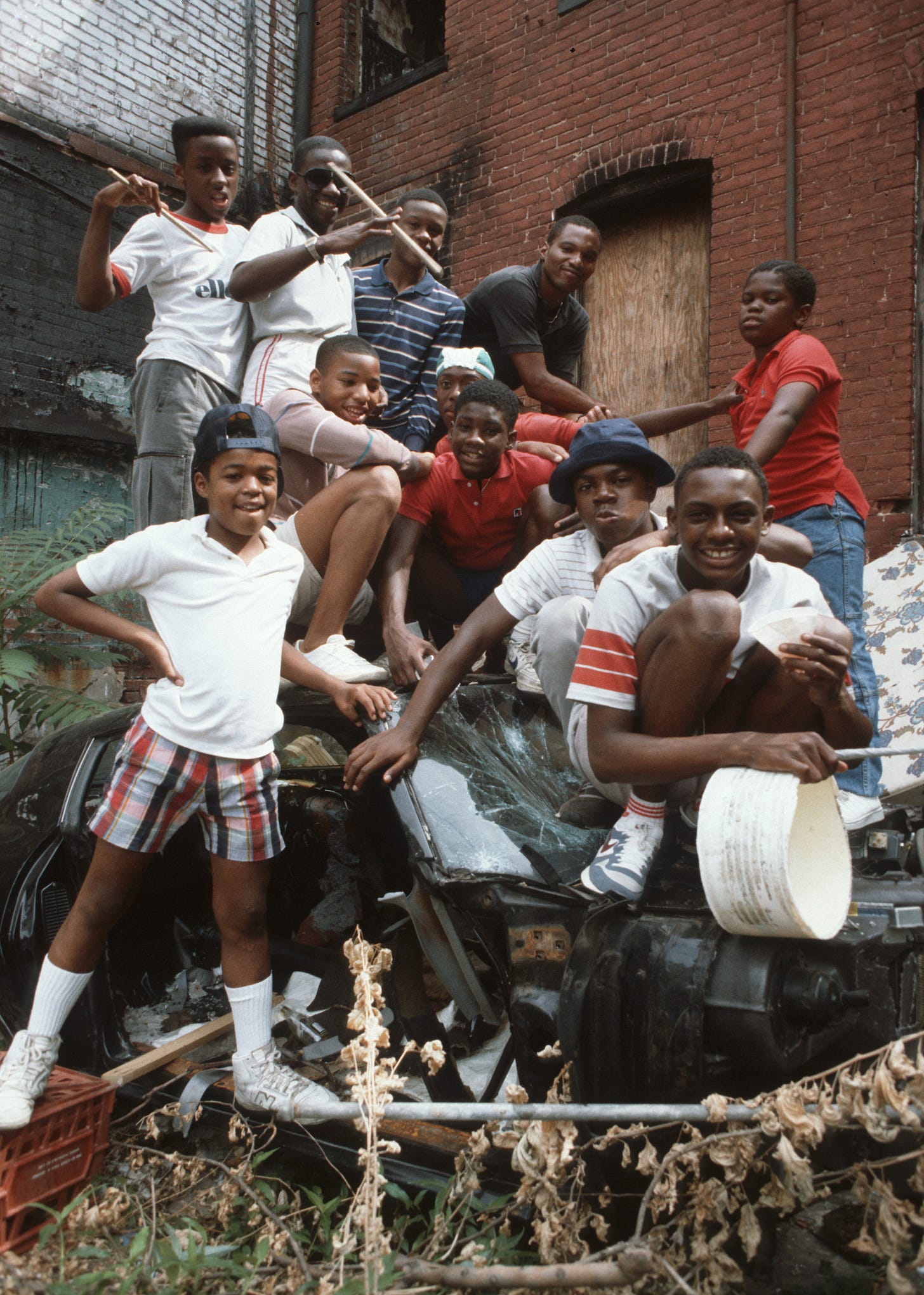Growing up in Washington, DC, I was very comfortable in the corridors of power. Visiting friends performing internships in Representatives’ offices, hanging out with Senators’ daughters, or dropping by the Library of Congress to research term papers for my elite private school, I was very much unimpressed with interacting with the higher echelons of government power. It was easy to take for granted, especially when one’s friends were the offspring of Senators and Cabinet Secretaries.
When I was about seventeen, I got pulled over on the way home from a party in the suburbs. Eighteen was the drinking age then in the District of Columbia, but more to the point, drunk driving wasn’t really as much of a societally and legally outré thing back in the days before Mothers Against Drunk Driving got their lobbying on. I was super fucked up that night: thoroughly hammered and smelling of beer and dope. It wasn’t until literally years later that I understood what had happened. That cop was nearing the end of his shift, and the last thing he wanted to do was all the paperwork associated with an arrest, only to have this stupid white kid of privilege get off the second his dad’s lawyer showed up.
“You’re pretty messed up, huh, son?” he growled down at me, sniffing ostentatiously and wincing at the strong marijuana smell.
“Yep,” I replied, burping a prodigious beer-fueled effluence, truly terrified that I might finally be facing some consequences for my poor choices.
“Well,” clearly thinking it over, “just drive straight home. Take it a little easier next time, if you’re planning on driving.”
It wasn’t until years later, reflecting upon that experience and noting the thousands of police/person of color interactions that don’t end nearly so well, that I began to understand the white privilege I’d enjoyed growing up. I think I had kind of suspected it at the time, though it’s hard to ask a fish to perceive the water they swim in. When I pictured the Capitol, I recalled friends getting jobs as interns and using their Employee IDs to let us wander freely. One of my pals was tripping balls while getting introduced to Senator Jesse Helms. If that’s not enough to induce religion, I don’t know what is. This other time, a bunch of us went with my friend whose father was a high-ranking executive at the World Bank. We managed to park, enter the building, and tour and enjoy said father’s enormous desk and entire executive suite before being literally chased out in a cloud of smoke by hapless security guards.
When the assignment to photograph the Junkyard Band in their native Washington DC was proffered, I jumped. Seemed like a great idea to go back down to DC (I’d only just moved North), stay at my father’s place, and shoot the Junkyard kids in their element. Which we did, snapping them in the piles of garbage which comprised their “yards.” They had a couple keyboards, but mostly played “instruments” they contrived from junk. Drums were easiest, being mostly turned upside-down buckets and hubcaps, but triangles, sticks, all could be ginned up from stuff found on the street. When I got to them in 1987, they were just getting famous and had just recorded and released their first single, “Sardines.” We met and shot in the housing project they inhabited, the Barry Farm Government Housing Project. It was pretty grim: graffitied and rife with the eponymous junk. The band had started playing parties in the project— you know, just kind of fooling around. Inspired by Bill Cosby’s Fat Albert show (which portrayed the Junk Yard Gang, local kids who played on scrounged instruments) neighbors dubbed the boys Junkyard Band and the name stuck.
The Junkyard Band kids epitomized go-go music, that native DC phenomenon which spawned a legit “scene” and all-night dance parties that seemed like they’d never end. Necessity being the mother of invention, go-go (and indeed, Junkyard Band) featured drum-heavy grooves and layered, irresistible beats. Those precocious kids' inventions formed the very definition of impossible-to-sit-still-so-shake-your-booty-you-sexy-beast danceability. They and all the other bands formed a lively and vibrant regional go-go scene that lasted several decades.
While photographing these hilarious and vivacious kids in their squalorous neighborhood, I wondered how they felt about the big marble building just a few blocks away. Unsurprisingly, they did not have the comfort level I had developed with casually enjoying a national monument. What they did have, was a showman’s sense of going where the customers are. Setting up and busking (simply flipping one of the drums upside down instantly turns it into a tips jar) in front of the Capitol yielded many more ducats than the same performance in their own neighborhoods. Turns out tourists comprise a much more lucrative audience than neighbors. My suggestion to decamp to the Capitol grounds was met with enthusiastic acquiescence. Not only were they happy to set up in front of the great dome, they were delighted to stand in the reflecting pools and play with the retaining wall. Far from being intimidated by the great symbolic edifice, these kids shifted immediately into entrepreneur mode and copped the idea of better backdrop yielding better revenue. They said they’d played there before and been shooed away, but (perhaps because of our presence?) this time they jammed on. They proceeded to provide a spectacular performance that made those lucky tourists wonder just what hit them. And showed just what kind of musical power the local population can glean from the detritus others see as junk.






